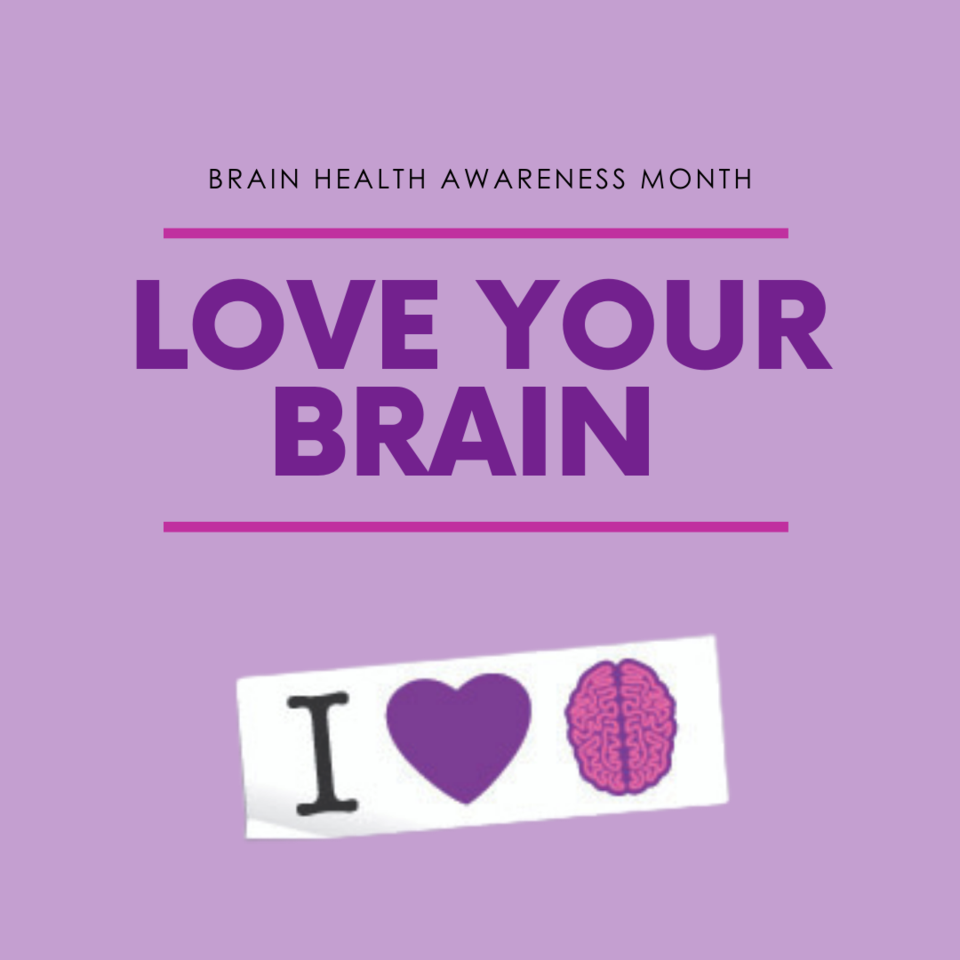March is Brain Health Awareness Month, and the Saskatchewan Brain Injury Association (SBIA) and Saskatchewan Royal Purple Association (SRPA) have teamed up again for the BrainLove campaign — this time leading a brand-new national partnership.
Starting this March, for the first time, Royal Purple lodges across the country are supporting their local brain injury associations. They are fundraising, distribution information about brain injury prevention, treatment, and support, and creating new partnerships toward a national strategy for brain injuries.
More information is available at www.sbia.ca and at www.brainlove.ca.
The story of the collaboration between SBIA and SRPA started right here in Saskatchewan eight years ago. Glenda James with SBIA took a call from Sandi Lougheed, a lifelong member of Royal Purple whose grandson had experienced a brain injury.
“She called my office looking for information and support and we had quite a few conversations,” James explained in an interview with MooseJawToday.com. One day, Lougheed phoned back wondering if the SRPA could help.
“She said, ‘I’ve been a member of Royal Purple all my life, and we’ve raised so much money for so many causes … I think we can raise money for brain injuries, too.’ And I said, I like the way you think.”
The conversation led to a presentation at an SRPA provincial meeting, where it turned out the president of SRPA had just lost her husband to a brain injury.
“That’s how ubiquitous (brain injury) is,” James noted. “It’s sometimes called an invisible epidemic.”
Lougheed is now the national president of the Canadian Royal Purple Society, lending momentum to the partnership, which also created a now-longstanding relationship with Canadian clothing retailer Bootlegger.
Bootlegger stores across the country collect donations for BrainLove, a campaign which focuses on raising public awareness of brain injuries. Customers who donate $2 or more receive a BrainLove bracelet and a chance to win free Bootlegger merchandise.
Brain injuries can result from simple, everyday actions and have devastating, permanent consequences. Falls are the leading cause of brain injury, followed by striking or being struck by an object.
Unlike many other injuries, brain injuries often do not have visible signs. Symptoms may be subtle and may not appear until for some time after the injury, leading to frequent misdiagnosis or underdiagnosis — particularly since the brain is still not fully understood by medical science.
Scans and imaging tests following a concussion or other mild traumatic brain injury (mTBI) might not reveal any obvious abnormality. Nevertheless, a single blow to the head can result in personality changes, memory impairments, mood disorders, difficulty with emotional regulation and impulse control, early-onset dementia, chronic headaches, problems with balance and dizziness, and more.
Increasing awareness and understanding of brain injuries can help affected individuals receive necessary support, treatment, and rehabilitation.
The SBIA was founded by families with children suffering the aftereffects of brain injury and provides support and service programs free of charge to affected families and individuals.
James hopes that grassroots support and national partnerships like Royal Purple and Bootlegger will continue to grow awareness and increase funding for Canadian brain injury associations.
Brain health is maximized by a healthy diet, consistent healthy sleep habits, regular exercise, and learning. Reading, writing, artistic activities like painting and playing a musical instrument, or learning a new language can all help to build resiliency in the body’s most important organ.
Protecting the brain properly means wearing a helmet for any sport or activity with a risk of falling, striking, or being struck, wearing a seatbelt while operating a motor vehicle, and taking post-injury symptoms seriously enough to seek treatment.




